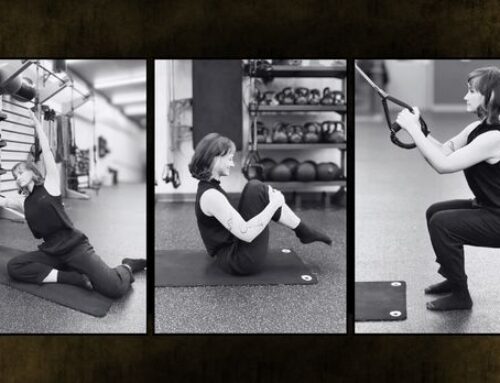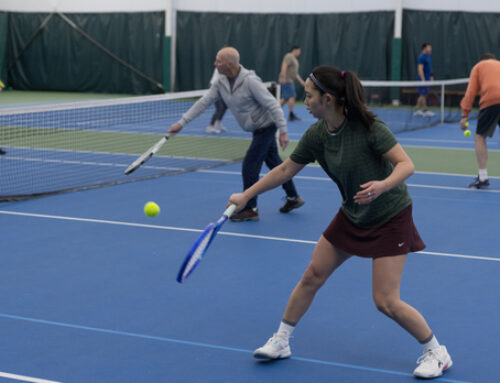While outdoor cooking and activities don’t have to come to an end quite yet, the Fall season and cooler weather are beginning to creep in. Summer brings an abundance and variety of fresh produce and it can be challenging to continue fueling our bodies in the Fall. Preparing your body for Fall and Winter with healthy eating and fitness involves focusing on boosting your immune system, maintaining energy levels, and staying active despite the colder weather. Here are 5 steps to a healthier body this Fall! As always, we recommend consulting any diet and fitness changes with a medical professional.
- Nourish Your Immune System
- Eat Seasonal Produce: Incorporate winter vegetables like sweet potatoes, squash, and Brussels sprouts, which are rich in vitamins and minerals. The Bellingham Farmers Market continues through the Winter season as well!
- Boost Vitamin C Intake: Citrus fruits, kale, and brussels sprouts are excellent sources of Vitamin C, which helps strengthen the immune system.
- Include Healthy Fats: Omega-3 fatty acids found in fish, walnuts, and flaxseeds help reduce inflammation and support immune function.
- Stay Hydrated: It’s easy to drink less water when it’s cold, but staying hydrated is key to maintaining energy and helping your body fight off illness.
- Balance Your Diet
- Focus on Whole Foods: Opt for whole grains, lean proteins, and plenty of vegetables to keep your body fueled with long-lasting energy.
- Limit Processed Foods: Reduce the intake of sugary and processed foods, which can weaken your immune system and lead to energy crashes.
- Consider Probiotics: Fermented foods like yogurt, kefir, and sauerkraut can help maintain a healthy gut, which is crucial for overall immune health.
- Stay Active Despite the Cold
- Embrace Outdoor Activities: Winter sports like skiing, snowshoeing, or even brisk walks can keep you active and expose you to sunlight, which boosts Vitamin D levels.
- Create a Custom Workout Routine: The Bellingham Training & Tennis Club has the finest staff of personal trainers in the region. All of our personal trainers are certified professionals who have the knowledge and expertise to ensure a safe and effective workout experience. They can assist in the design and implementation of a program to meet your specific needs and objectives. Get Started with a Complimentary Private Training Session
- Warm Up Thoroughly: Cold muscles are more prone to injury, so make sure to warm up well before any exercise. Dynamic stretches and light cardio can get your blood flowing.
- Stay Consistent: The shorter days and colder weather can be demotivating, but consistency is key. Schedule your workouts and stick to a routine to maintain your fitness levels.
- Adjust Your Fitness Goals
- Focus on Strength Training: Winter is a great time to build strength. Incorporate weight training or resistance exercises to maintain muscle mass.
- Incorporate Flexibility Training: Yoga and stretching can help prevent stiffness and improve mobility, which is especially important when you’re more sedentary in the winter.
- Listen to Your Body: If you’re feeling sluggish or unwell, allow yourself to rest. Your body might need more time to recover in the winter months.
- Take Care of Your Mental Health
- Stay Socially Connected: The winter months can be isolating, so make an effort to stay connected with friends and family, whether in person or virtually. Sign up for our newsletter to stay updated with exciting events throughout the fall and winter season!
- Practice Mindfulness: Techniques like meditation and deep breathing can help manage stress and keep your mental health in check during the darker months.
- Get Enough Sleep: Aim for 7-9 hours of sleep per night to allow your body to recover and stay healthy.
By combining healthy eating, regular exercise, and good mental health practices, you can prepare your body to stay strong, energized, and resilient throughout the winter season.






